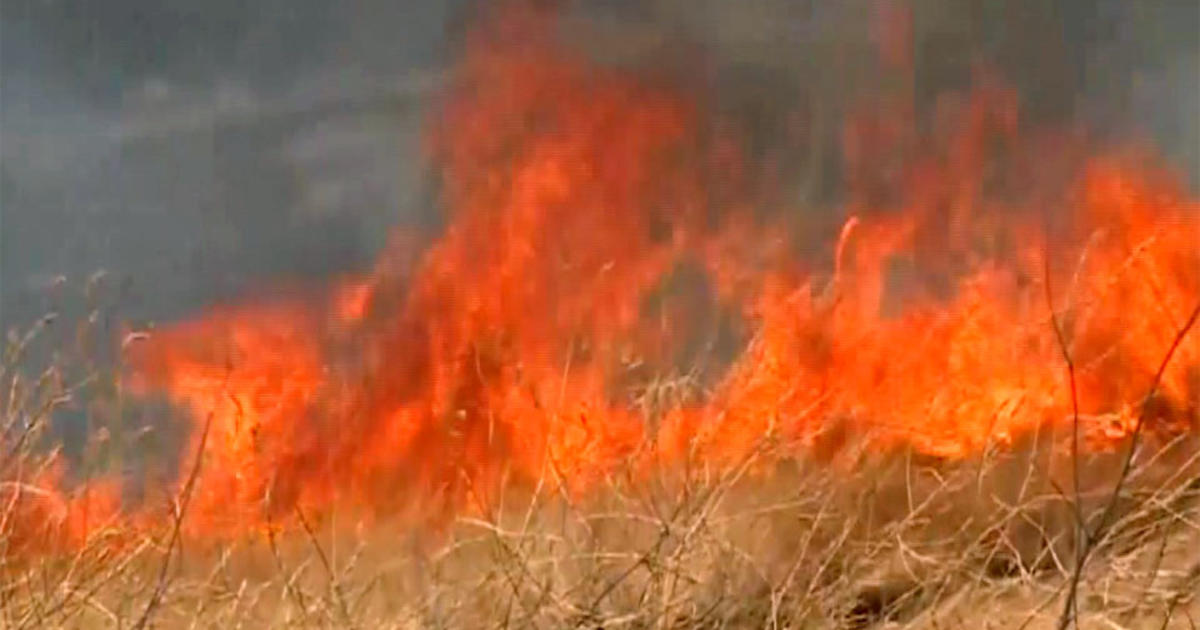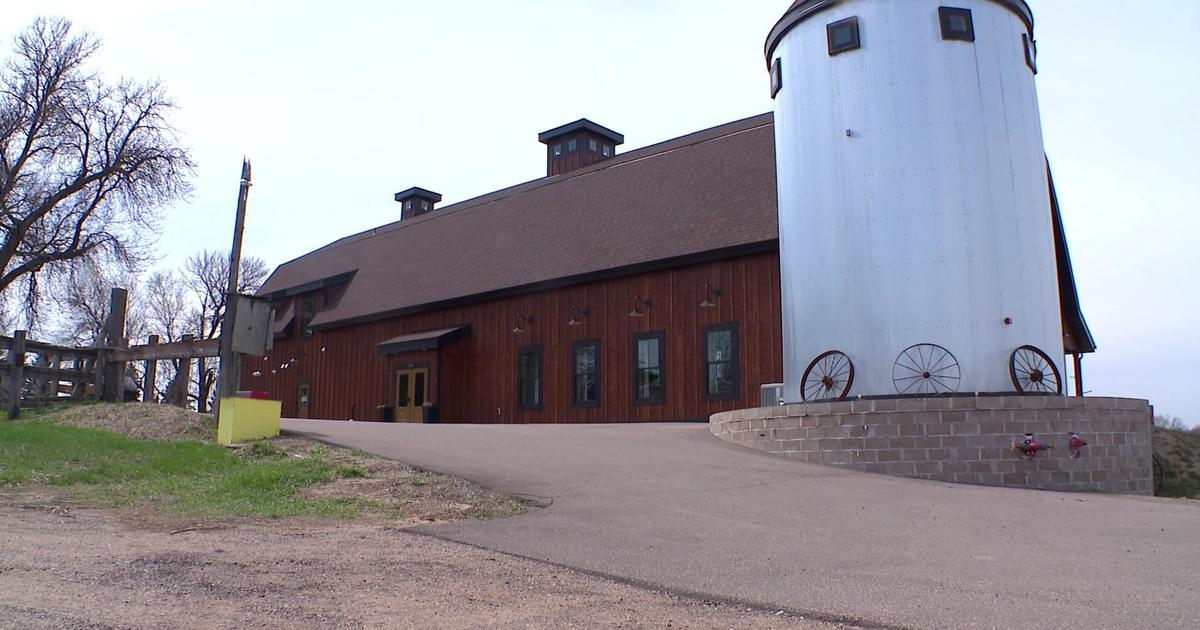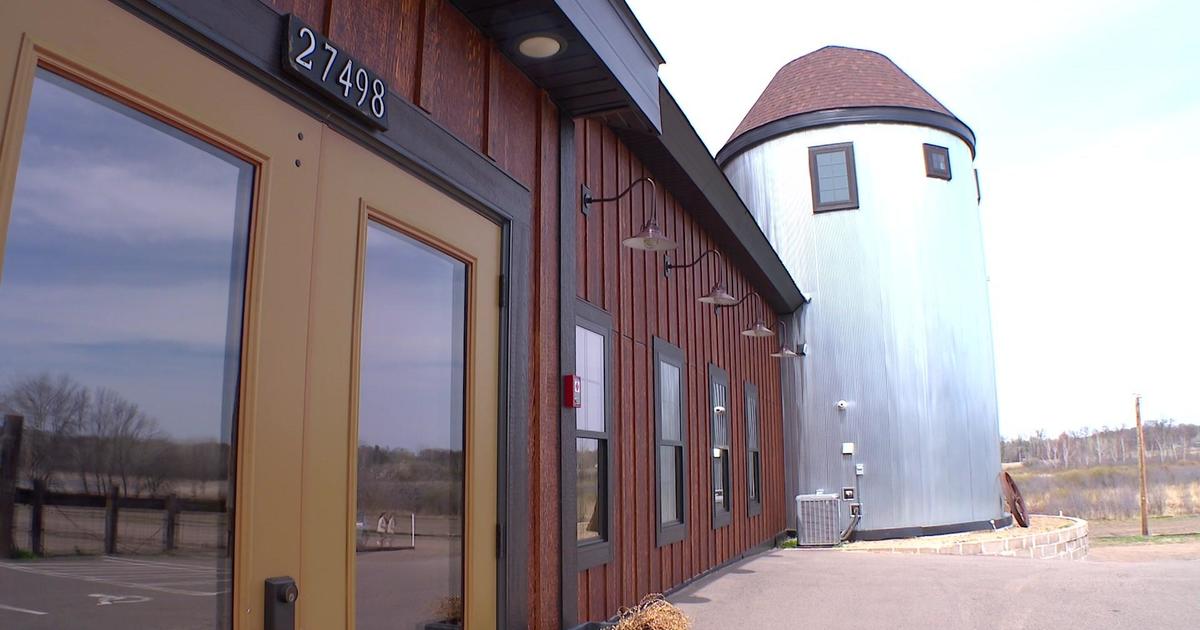Good Question: What Does Your Insurance Cover After A Storm?
MINNEAPOLIS (WCCO) -- Coon Rapids and Blaine saw some of the most significant damage following Sunday's storm. Most homeowners know their insurance policy will pay to repair damage from hail and wind, but there are some caveats. So, what does your insurance cover after a storm?
Good Question.
"Your homeowners policy is going to cover sudden and unexpected damage," says MaryAnn Leerfhoff with Oakwood Insurance Agency in Coon Rapids. "There absolutely is coverage for wind and hail damage."
As far as damage to a home's siding, Leerhoff says your insurance will likely just cover the damaged portions. If a home is just damaged on one side, there's a good chance only that side will be replaced as long as there is a good match in material and color.
"The insurance company is responsible for getting it as close as absolutely is possible to match," she says. "In general, they're not required to match exactly."
To replace a roof requires a certain number of hail hits per square foot. Leerfhoff says an insurance policy could cover replacing the entire roof or just the side that's damaged. She says a policy won't cover replacement for solely cosmetic reasons and generally will not just replace small areas or individual damaged shingles.
Trees are generally covered, while landscaping is usually not. Swingsets in a backyard or deck furniture are usually considered personal property and would be covered under a policy. Unless it's specifically excluded, Leerhoff says a shed would likely be covered.
Mold is generally an exclusion, but in the case of storms causing mold, it is covered. The insurance policy will also replace carpets or furniture damaged by a broken window or water from a storm. How much they'll give for a replacement value depends on the insurance contract.
Flooding is not covered in a homeowner's policy, but Leerhoff says she recommends to her clients a sewers and drains endorsement. That will cover a homeowner if the power goes out or sump pump goes out and a basement backs up.
Leerhoff recommends sitting down with an insurance agent to read the fine print on policies. She says a homeowner should share with their agent their priorities to ensure that isn't excluded. She also suggests not rushing repairs given most people have between 12 and 24 months to file a claim.
"Customers need to take their time, not rush things, deal with reputable contractor, someone who has the proper insurance," she says. "If something goes wrong, they're local and can be held accountable."



